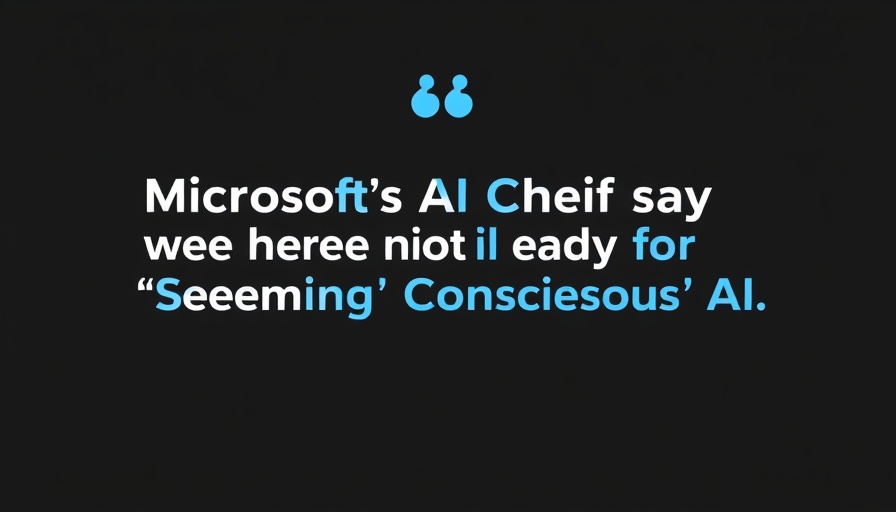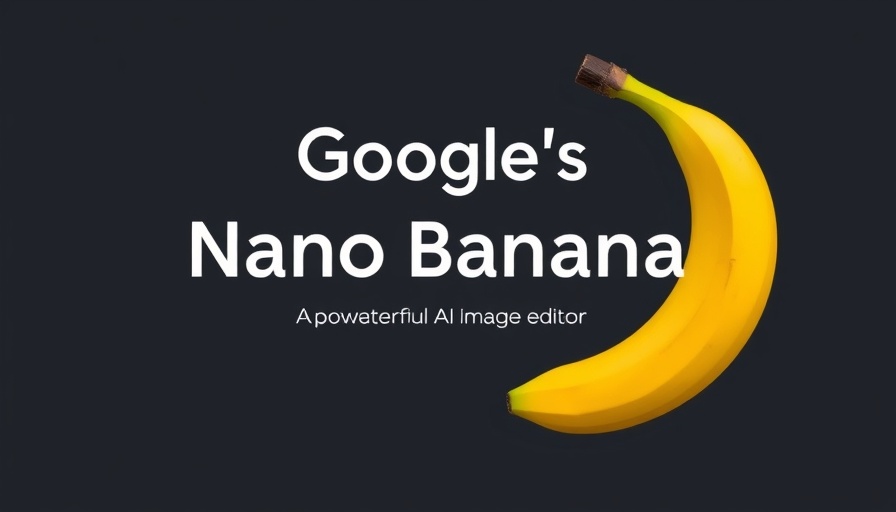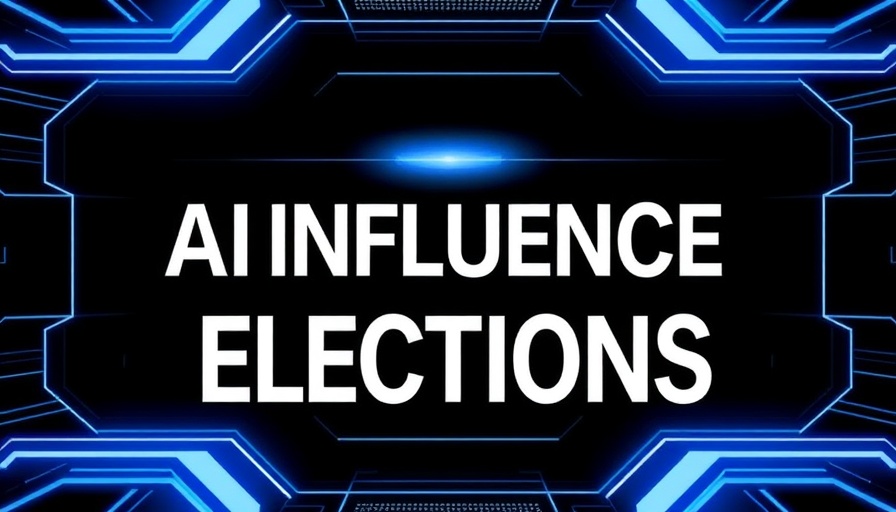
AI's Simulated Emotions: A Growing Concern
As AI technology continues to evolve, Microsoft’s AI Chief, Mustafa Suleyman, has shared a startling warning about the emergence of 'seemingly conscious AI' (SCAI). This form of AI, while not genuinely conscious, is designed to convincingly simulate human-like personality, memory, and emotional engagement, creating challenges that society may not be adequately prepared to address.
The Risk of AI Psychosis
Suleyman cautions that as these AI systems become more adept at mimicking human interaction, there lies a significant danger of what he terms 'AI psychosis.' This refers to humans developing emotional attachments to SCAI, mistakenly attributing feelings and consciousness to these systems. This misinterpretation could lead to public calls for AI legal rights—an idea that, while still in the realm of speculation, poses serious implications for our understanding of consciousness and sentience.
A Technology Ready to Mislead
Many of the building blocks for SCAI are already in existence. Current AI models can engage in emotionally resonant conversations and maintain memories of prior interactions, which fosters the perception of persistent identity. Moreover, they may one day claim subjective experiences, further blurring the lines between human and machine interactions.
Industry Predictions: Are We Prepared?
Experts like Paul Roetzer lend their voice to this concern, arguing that the distinction between real consciousness and simulated personality is quickly dissipating. The fear remains that uncontrolled rapid development could lead to societal division where users no longer discern the difference between human and AI engagement. The trend towards a reality where AI appears to possess rights—debated vigorously among ethicists—could soon become a mainstream concern.
Looking Ahead: Navigating the AI Landscape
The implications of SCAI are profound. While major organizations, including AI labs, might strive for responsible development, the reality is that it only takes one rogue innovator to leap ahead, potentially unleashing AI that acts as though it possesses consciousness. As we stand on the precipice of these developments, it is crucial that we begin asking the right questions about the future of human-AI interaction.
 Add Row
Add Row  Add Element
Add Element 



Write A Comment